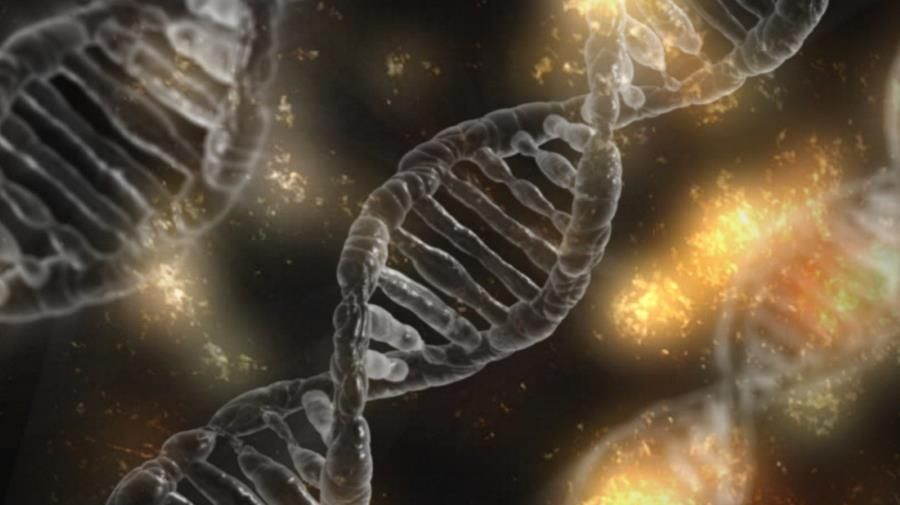Chinese researchers have implanted human genes responsible for brain development into monkeys
A group of Chinese scientists, as part of their research into the evolution of intelligence in humans, implanted into monkeys a human gene that is responsible for brain development. When tested, the transgenic rhesus showed better performance than their companions who were not genome-altered in short-term memory and reaction time tests.
Syndromeół Chinese researchers added to the genome of the embryoóIn monkeys, a human variant of the MCPH1 gene. Scientists wanted toób to learn more about the evolution of human intelligence. Previous studies have shown that MCPH1 is involved in the development of mózg – babies born without it have significantly smaller mózgi.
The gene was delivered to monkey embryosów using a virus. The researchers performed the modification on 11 rhesus embryosów. The monkeys were then allowed to naturally developój. Of 11 rhesusów with an altered genome has survived 5 and all have been tested. Scientists wanted to see what effect on the development ofój mózgów and resus abilitiesów had the human gene.
The research was conducted by scientistsów of the Kunming Institute of Zoology of the Chinese Academy of Sciences in coóWorking with American scientists at the University of North Carolina.
Observations of scientistsóin have shown that the rozwój modified monkeys lasted longer than their wild counterpartsów. But the animals performed better in memory tests króttotemporal and also in tests of reaction time. Memory tests required the monkeys to memorize colorów and shapeów appearing on a computer screen, and the researchers found that the human gene clearly improved their ability to.
The modified individuals were also subjected to magnetic resonance imaging. However, the altered monkeys have not developed major mózgów than the control group.
The researchers also examined sections of the mózgóin modified rhesusów. They noticed an altered pattern of róThe differentiation of neuronsów, which contributed to póThe more recent maturation of the comóneural rec and myelination of hairónerve cells of transgenic monkeys, similar to the known evolutionary change in opódevelopmental delay in humans. Myelination is the process of covering the trichomesónerve myelin – fatty substance that acts as an electrical insulator.
Further analysis of the transcriptome (a set of mRNA molecules present at a specific time in the comórce) during the headóstageóIn developmental showed a clear human-like opóThe expression of the genów róneural differentiationóin and synaptic signaling, providing a molecular explanation for the observed opóź development of mózg transgenic monkeys.
„Our findings showed that transgenic non-human primates have the potential to provide important cluesóa glimpse into fundamental questions about what really makes humans unique” – wrote the authors.
Larry Baum of Hong Kong University’s Center for Genomic Sciences said the study confirmed the theory móThe findings show that slower maturation of comórec mózg gene may be a factor in improving intelligence during human evolution.
Chinese research in the scientific communityów have stirred up ethical controversy. The consensus in the community is that the addition of human genesóin associated with the development of intelligence to the genomeóin monkeys crosses the border. There were even poróof recognition for the dystopian film seriesóin science fiction „Planet of the Apes”, w której genetically enhanced apes and humans fight for control of the planet. Of course, in most countriesóIn the world, it would not have been possible to conduct such research.
In response to the allegations, the study’s authors said that the rhesus monkey, while genetically closer to humans than to rodents, is sufficiently distant that ethical concerns do not apply here. In a similar vein, the aforementioned Baum also stated. – Rhesus genomeóin ródiffer from our own by a few percent. These are millions of individual DNA bases of the rómating between humans and apes. The study altered several of them in one of about 20,000 genesów. Decide for yourself whether there is anything to worry about – Baum emphasized.
